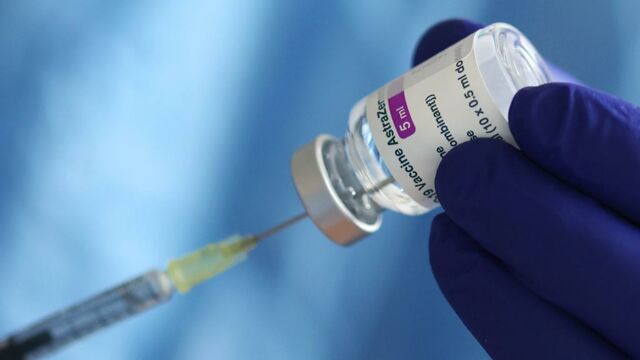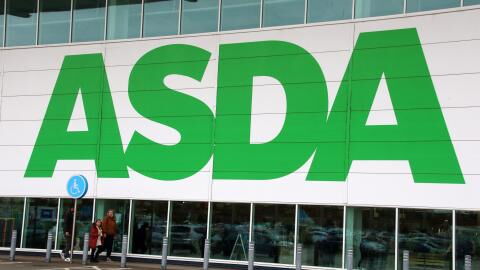The Medicines and Healthcare products Regulatory Agency (MHRA) has recently suggested that those under the age of 30 in the UK should be offered Moderna or Pfizer COVID vaccines due to rising fears of rare side effects from the Oxford/AstraZeneca jab.
Discover our latest podcast
What is happening with the AstraZeneca vaccine?
The move comes soon after recent health concerns which have connected the AstraZeneca vaccine to 79 cases of blood clots, of which 19 people (out of 20 million) had died.
Various European countries have also paused their rollout of the Oxford jab due to conflicting opinions and advice from professionals. The European Health Agency’s safety committee has now ruled that ‘unusual blood clots with low blood platelets should be listed as very rare side effects.’ And this side effect really is rare, with 79 out of 20 million cases so far, that’s 0.000395% of Oxford vaccine recipients. Of course, this number may be subject to change - but the point rests all the same.
Due to these low chances, residents have been urged not to cancel their appointments, as the risks that come with contracting COVID far outweigh the likelihood of any vaccine side effects.
Why should under 30s avoid the AstraZeneca jab?
The MHRA has recognised that while there are still vast benefits of the AstraZeneca jab when it comes to preventing COVID, concerns of the 'vanishingly rare' clotting side effects mean that those under 30 in the UK should be offered Pfizer or Moderna vaccines instead.
So far, coronavirus vaccines are not yet available to members of the general public under 30 unless they are in other priority groups. Some NHS workers, social care and retirement care workers under 30 have already received the vaccine.
Anyone who experienced adverse side effects after their first Oxford jab have also been warned against getting their second dose. MHRA Chief Executive Dr June Raine stated that ‘anyone who has symptoms four days after vaccination or more should seek prompt medical advice.’ Symptoms Dr Raine provided included:
A new onset of a severe or persistent headache or blurred vision, shortness of breath, chest pain, leg swelling, persistent abdominal pain or indeed unusual skin bruising or pin-point spots beyond the injection site.
Prime Minister Boris Johnson has mentioned that he will be closely following the advice of both the MHRA and the JCVI (Joint Committee on Vaccination and Immunisation), but this will not slow down the UK’s swift vaccine rollout.















